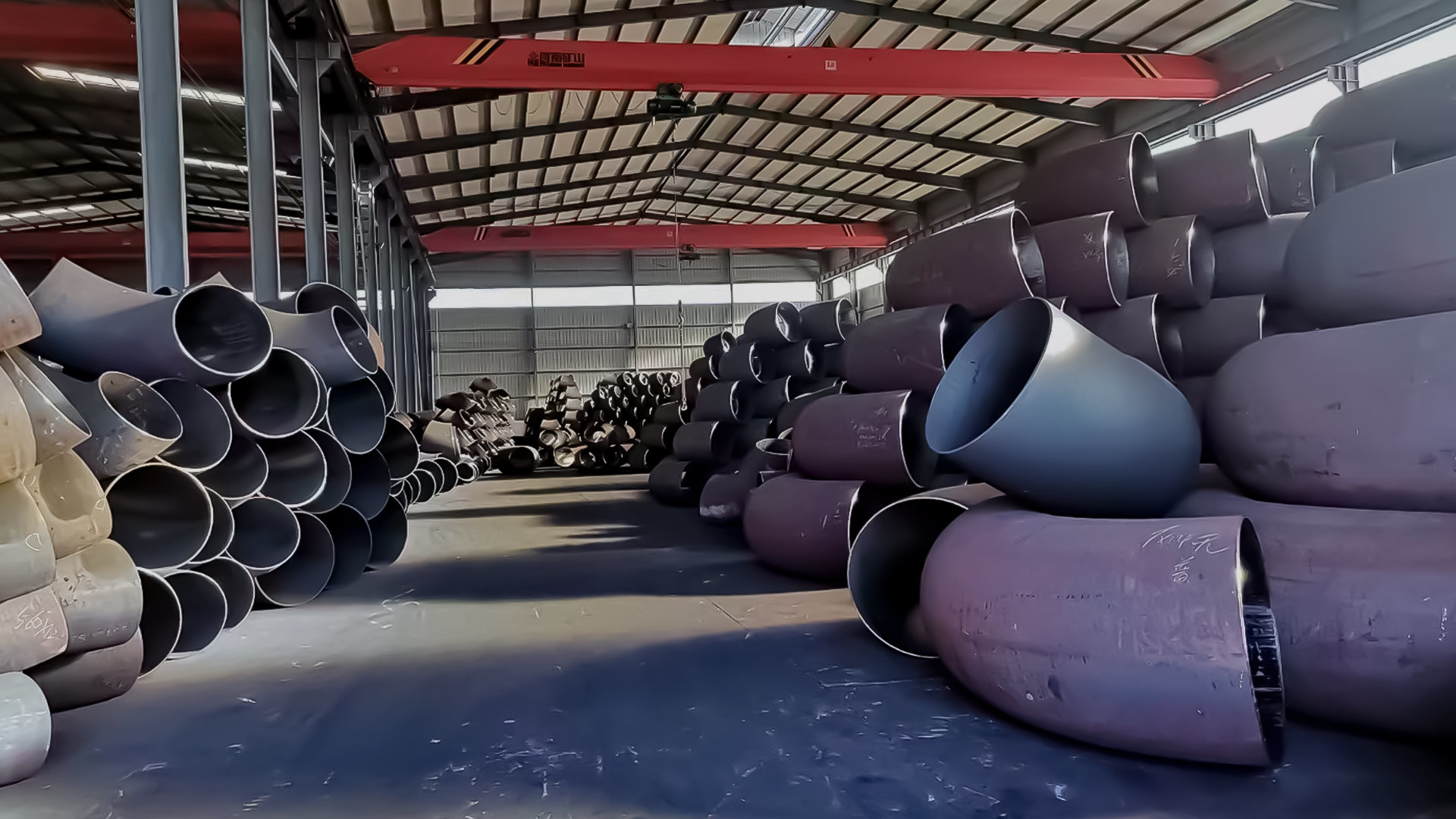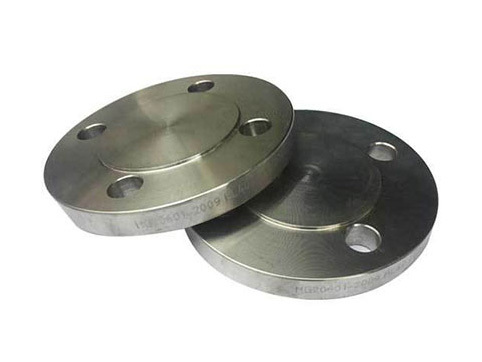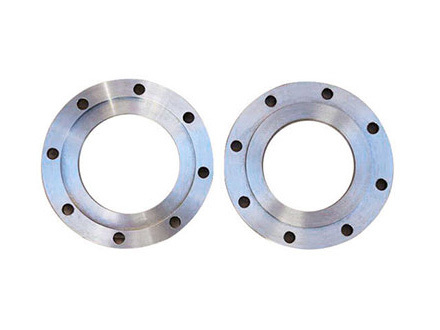Understanding Polyurethane Direct Buried Insulation Pipes: A Comprehensive Guide
2025-05-04

Polyurethane direct buried insulation pipes are a crucial component in various industrial applications, particularly in the metallurgy, mining, and energy sectors. These pipes are designed to offer optimal thermal insulation and protection, making them ideal for transporting fluids in extreme temperature conditions.
One of the most significant advantages of polyurethane direct buried insulation pipes is their exceptional thermal performance. The polyurethane foam used for insulation boasts a low thermal conductivity, which minimizes heat loss during the transportation of hot fluids. This characteristic is essential for maintaining energy efficiency and reducing operational costs in industrial processes.
Additionally, these pipes are often used in applications where pipes are buried underground or in areas that experience extreme environmental conditions. The robust nature of polyurethane insulation helps protect the pipes from moisture and corrosive elements found in the soil. This protection is crucial for the longevity of the piping system, reducing the need for frequent replacements and maintenance.
In terms of installation, polyurethane direct buried insulation pipes are designed for ease of use. They can be installed quickly, which is beneficial for projects with tight schedules. Furthermore, the lightweight properties of these pipes make them easier to handle and transport, leading to lower labor costs and enhanced project efficiency.
Another significant benefit of polyurethane insulation is its ability to accommodate a range of temperatures. Whether transporting hot steam or cold water, these pipes maintain their integrity and insulating properties across a broad spectrum of temperatures. This flexibility makes them suitable for a variety of applications, from district heating systems to industrial cooling processes.
Additionally, polyurethane direct buried insulation pipes are resistant to various environmental factors such as UV radiation and chemicals, enhancing their durability in challenging conditions. This resilience ensures that the infrastructural investment in piping systems is protected over the long term, contributing to overall operational reliability.
In conclusion, polyurethane direct buried insulation pipes present a multitude of advantages for industries requiring efficient thermal management and protection. Their lightweight nature, ease of installation, and outstanding thermal insulation properties make them an excellent choice for organizations looking to optimize their operations in metallurgy, mining, and energy sectors. By utilizing these advanced piping solutions, businesses can enjoy improved efficiency, reduced maintenance, and enhanced system longevity, ultimately leading to cost savings and superior operational performance.
Blog









